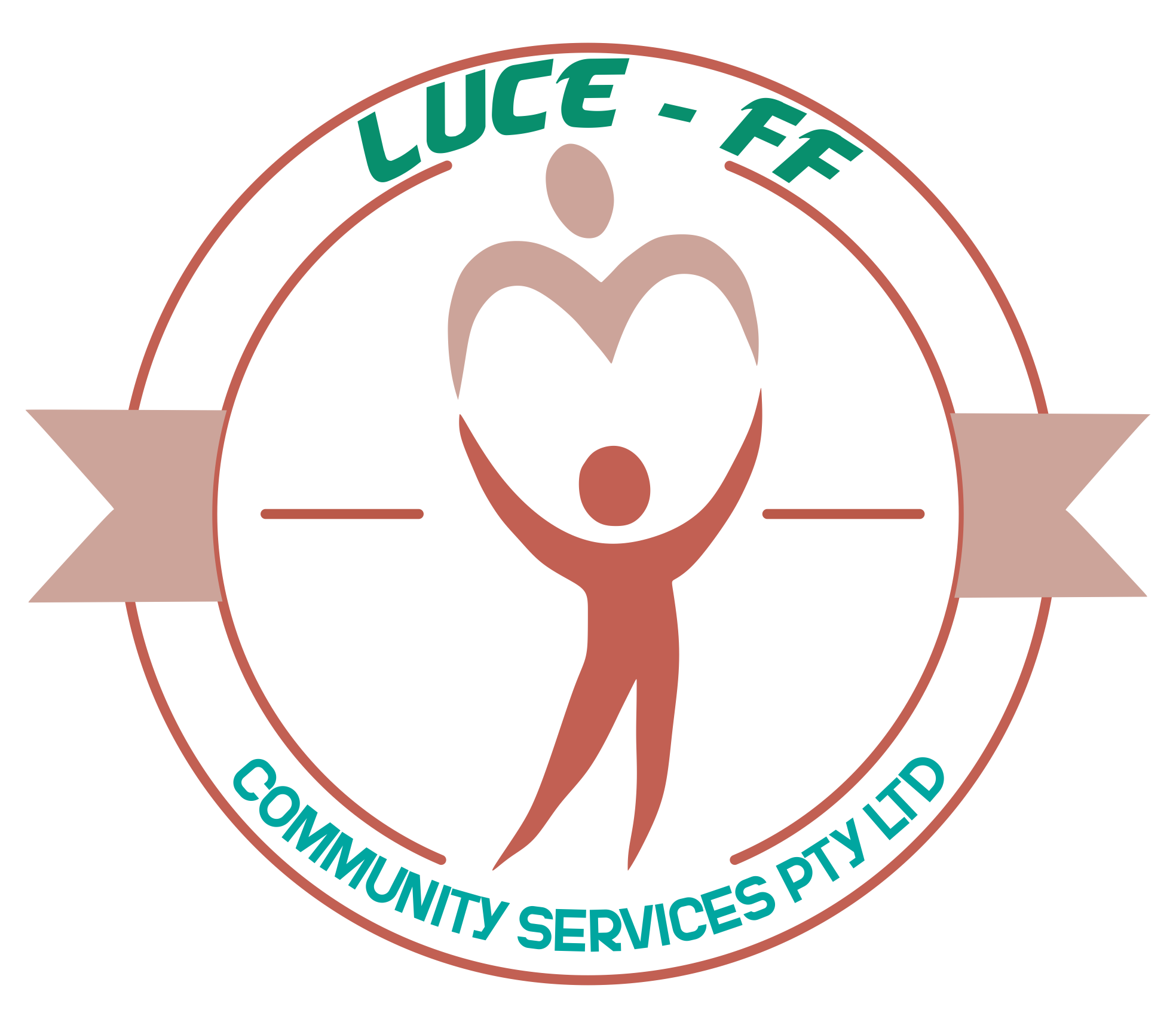1. Pain Management: Comprehensive management of pain and other distressing symptoms to enhance comfort and quality of life.
2. Symptom Control: Addressing a wide range of symptoms such as nausea, shortness of breath, fatigue, and depression through medical interventions and supportive therapies.
3. Emotional and Spiritual Support: Providing counseling, emotional support, and spiritual care to patients and their families to cope with the challenges of serious illness.
4. Care Coordination: Coordinating care across medical professionals and settings to ensure holistic support tailored to the individual’s needs and preferences.
5. Advance Care Planning: Assisting patients in making decisions about their care preferences, including end-of-life care, and ensuring their wishes are respected.
6. Family Support: Offering guidance, education, and respite care to family members and caregivers to help them navigate the challenges of caring for a loved one with a serious illness.
7. Bereavement Support: Providing support to family members and caregivers before and after the death of their loved one, including counseling and access to bereavement resources.
8. Quality of Life Enhancement: Focusing on enhancing the overall quality of life by promoting dignity, comfort, and emotional well-being throughout the illness journey.







